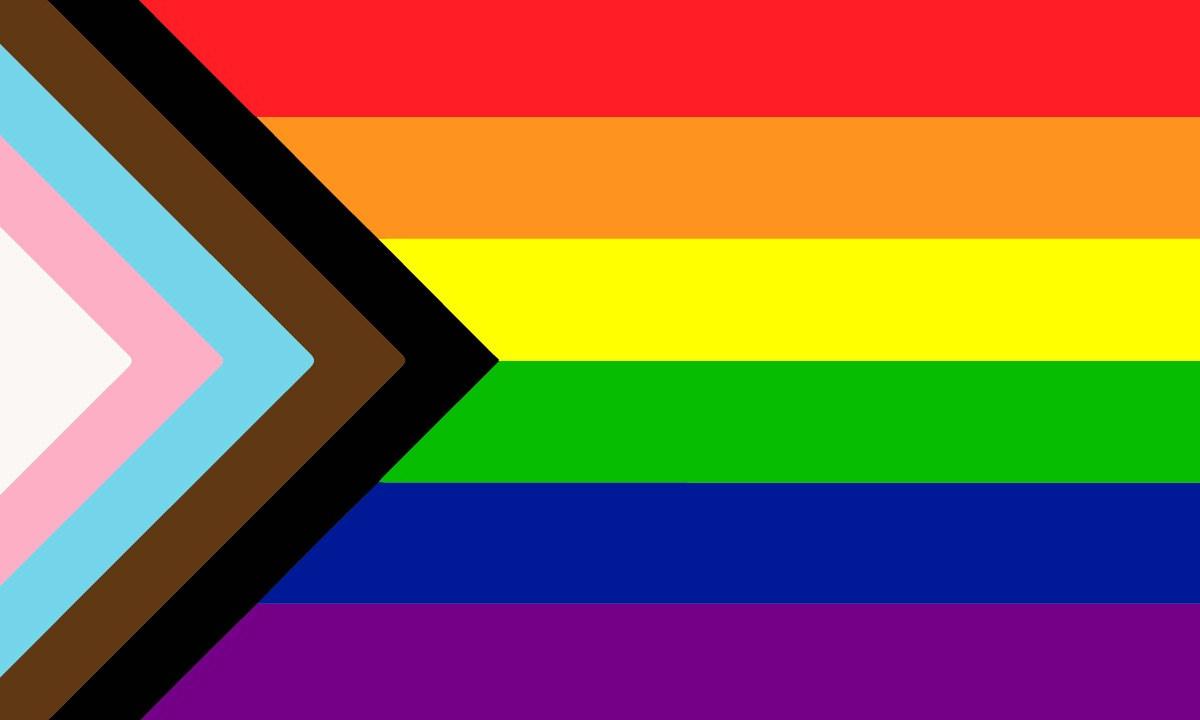Areas of Specialization & Interest
My work throughout my practicum and life before counselling has introduced me to so many stories and so many experiences. Ideas of specialization are strange because they give clues as to our ethics, politics, and understanding of the world but they may also signal to folks that their story may not be welcome in a space.
All stories are welcome in my counselling practice and are met without judgement. In addition to the specific curiosities you may bring to our work. I am interested generally in:
The “regular” stuff of therapy - depression and anxiety
Identity questions incl. gender, sexuality, “what am I doing with my life?”, etc.
Suicide and self harm
Trauma, PTSD and C-PTSD
Couples therapy incl. sex therapy
Body image
ADHD
Regardless of what brings folks to counselling I approach the work from a feminist, anti-oppressive lens.
2STLGBQIA+ Identified Individuals
I am myself a member of the 2STLGBQIA+ community here in Edmonton. My membership in the community certainly does not make me an expert in the lived experience of all 2STLGBQIA+ identified folks. I am white, my questions regarding my gender are not disruptive to my identity and feel mostly ok with the label of gender non-participant, and I pass for straight in many of my relationships. My experience of queerness is not the same as everyone’s experience of queerness.
But, I have been the incredible gift of working with folks who identify along various points on the 2STLGBQIA+ spectrum and have had the pleasure of walking beside trans and non-binary folks as they make decisions about coming out, transition (medical or otherwise), and relationships.
I look very forward to continuing my education around working with trans and non-binary folks, and want to continue to be of service to my community.
Image description: The new pride flag designed by Daniel Quasar recognizes trans identities and people of colour in the pride flag.
People with Disabilities
When I began my practicum I wondered what working with folks with developmental and cognitive disabilities would look like? Can ‘they’ even do counselling? What are the 'interventions’?
I walked into the room on the first day wrapped up in a warm blanket of ableism and assumptions created by an ableist society that teaches us to ‘Other’ folks with disabilities and make assumptions about what is possible. I was wrong in every possible and conceivable way.
If we truly view clients as expert in their own experience with all the skills and strengths to solve their own problems already within them then why are disabled folks any different? They aren’t. They don’t have to change anything, we do. We have to make our services accessible for all clients and we have to learn how to do that without harming our clients who need accessibility. It’s on us.
I especially loving working with folks with neurodevelopmental diagnoses like ADHD and ASD. While I can’t diagnose your ASD I believe in the power of self diagnosis. ADHD diagnosis is a curiosity and passion of mine so ask away about that. Please.
Image description: a cartoon of folks with a variety of disabilities.
People with Acquired and Traumatic Brain Injuries
This is a new world for me and one I am still learning about. I love this universe because it combines my nerdy love of neuro-anatomy and learning about the brain, my absolute fascination and mystification with the brain as a poetic entity, and with accessibility and access for folks with cognitive and physical impacts as a result of their injury.
Did you know that Alberta has one of the only long-term rehab facilities for folks with acquired and traumatic brain injuries in Western Canada? Did you know it’s in Ponoka? It is! Click the brain for more info!
Body Image & Anti-Fat Bias
Fat bias is a thing in healthcare, and it is a thing that impacts fat clients in their day-to-day existence. I am interested in breaking down fat bias in other counsellors and medical providers but also within clients. It is important to me to examine the ways in which clients have internalized messages about the relationship between ‘health' and body size and our fat phobic world.
Image description: glorious rolls on the side of beautiful fat body.
Sexuality and Sexual Health
Sexual behaviour, sexual health and sexuality are all areas of great interest to me. I have spent years working in sex ed and doing group facilitation around sexual health, sexual pleasure, and sexual behaviour.
Conversations about sex and sexuality are hard. They demand we reveal some of our most intimate feelings and fears. They demand vulnerability. Most importantly they demand compassion, empathy, and meeting our clients where they are at. They demand we put our money where our mouth is.




